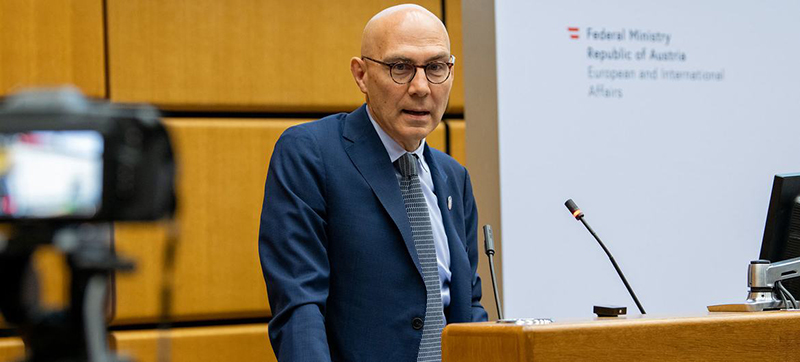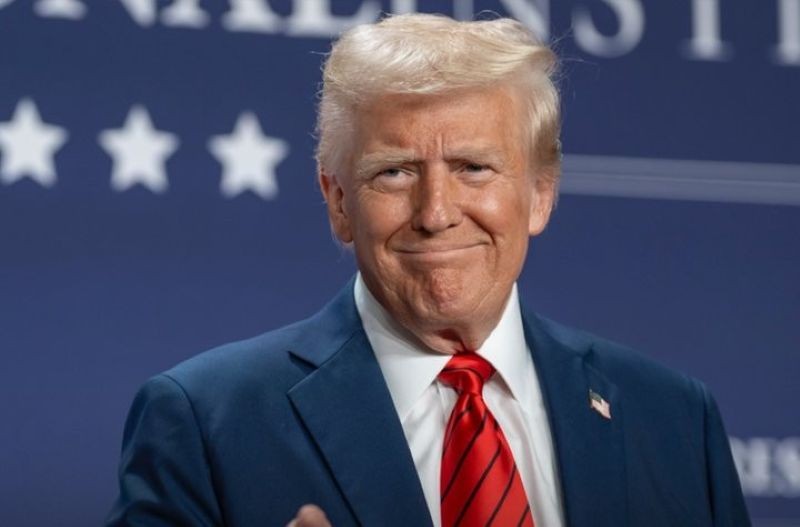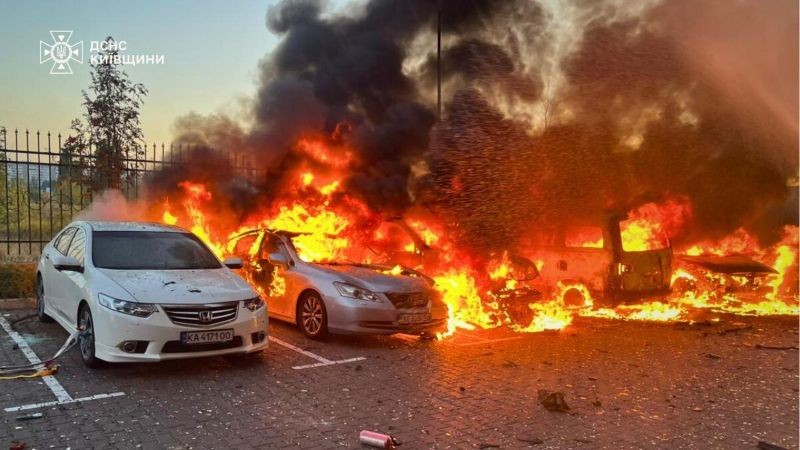Human rights for all, still ‘work in progress’ warns Türk

New York: The full realization of human rights for all is a “work in progress”, and the world must now adapt and update its thinking to respond to current “dramatic rollbacks”, the UN human rights chief said on Tuesday, marking the 30th anniversary of both his office and the global agreement that created it.
The UN human rights office, OHCHR, and its mandate has become a powerful vehicle for change, progress, dignity, and justice, yet “this is far from enough to meet today’s challenges”, UN High Commissioner for Human Rights Volker Türk said in his keynote address at the +30 Symposium, Vienna World Conference: 30 Years On: Our Rights – Our Future.
Tweet URL
Common language
Convened to mark the third decade of the adoption of the landmark Vienna Declaration and Programme of Action, the symposium aims at highlighting achievements and outlining challenges ahead.
“While there have been massive gains in human rights since the Vienna Declaration, today, all around the world, we are seeing dramatic rollbacks”, he said. “The common language of human rights is our compass to guide us towards progress.”
The global agreement remains a “living document that can guide us today in our ambitions”, the High Commissioner said.
Rolling back rights
From Afghanistan to Ukraine, he said, the world is witnessing pushbacks on rights, a rise in hate speech, shrinking civic space, and a changing geopolitical landscape that has revealed a disturbing trend of deepened divisions within and across countries threatening national cohesion, he warned.
The 21st century has also seen the triple planetary crisis of climate change, biodiversity loss, and pollution alongside digital shifts, including artificial intelligence developments, that are rapidly transforming the world, “moving faster than the regulators who should be setting up careful human rights guardrails to protect us from their dangers”, he said.
Rights foundations
“Today’s emerging human rights challenges will continue to test us,” he said. “It would be naïve to say we can pass all these tests, but it would be dangerous and counter-productive to stop trying.”
Recalling his youth in post-Second World War Austria, he said the “echoes of trauma and of grave human rights violations were palpable”.
The Universal Declaration of Human Rights, which turns 75 this year, was “a powerful unifying force for equality, social progress, justice, and respect” in an era of profound social transformations amid dynamic movements for social justice, feminism, LGBTI rights, anti-apartheid, decolonization, and environmental protection, he said.
When UN Member States adopted the Vienna Declaration in 1993, the agreement had shattered the long-held fallacy that social, economic, and cultural rights have less value than civil and political rights, he said.
The landmark agreement also confirmed the conviction that human rights are universal, indivisible, interdependent, and interrelated, and boldly rejected the view that certain human rights could be considered optional while paving the path for numerous other breakthroughs, from establishing the International Criminal Court, to historical advances on the rights of women, children, and indigenous peoples.
Learning from mistakes
“Anniversaries are arbitrary unless we seize them as meaningful opportunities to reflect on our achievements, learn from our mistakes, and take fearless steps towards progress and transformation,” he said.
“The task before all of us today, this year, and in the future is to apply the Universal Declaration’s visionary words to our current global challenges,” he said, urging all participants to constructively join the symposium with pledges and positive impact stories.
“Restoring faith and certainty in human rights at a time of profound global turmoil is the focus of this symposium, and it must be the focus of our future,” he added.
UN’s call to action
In a video message to mark the anniversary, UN Secretary-General António Guterres said his Call to Action spells out the central role of human rights in addressing the world’s most pressing contemporary challenges.
It also aims at mobilizing the “full weight” of the UN to ensure that all people, everywhere, enjoy their human rights, he stressed.
“As we remember those who worked for the Vienna Declaration and Programme of Action, we pledge to continue the fight to put human rights at the heart of our work, and our world to guarantee freedom, justice and equality for all,” he said.



